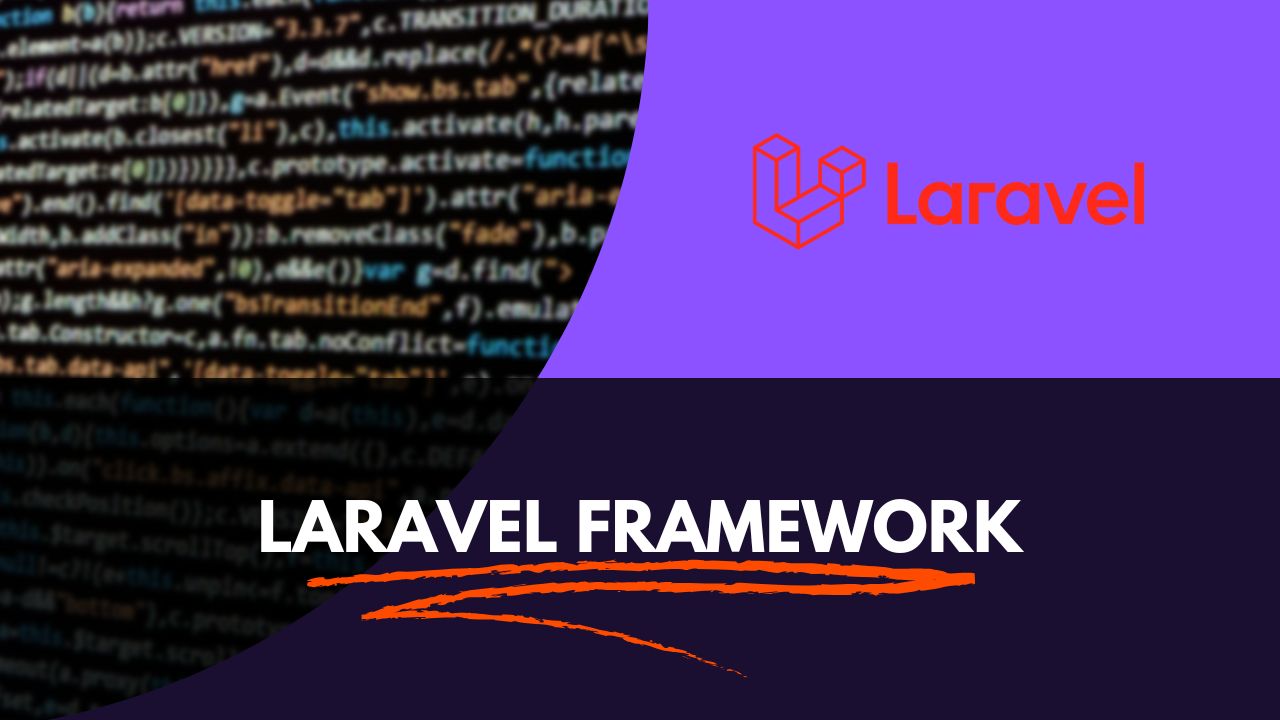Laravel 12 significantly enhances data interaction through its Eloquent ORM and streamlines deployment processes with modern DevOps integrations. These improvements empower developers to build data-rich applications with elegant ORM features and deploy them efficiently through integrated tools.
The Advanced Eloquent ORM Features in Laravel 12 provide developers with more refined tools for database interaction. New capabilities include conditional eager loading, filtered relationships, and enhanced relationship constraints. These features reduce the need for custom query logic and streamline database interactions, making data retrieval and manipulation more intuitive and efficient. Specifically, the ability to define constraints directly within relationship methods improves code readability and reduces repetition. The new withFiltered method further simplifies relationship filtering by eliminating nested callbacks, contributing to cleaner and more maintainable code. For a comprehensive overview of these features, consult the Cloudways blog on Laravel 12. By enhancing both the ORM (data layer) and introducing dedicated DevOps commands, Laravel 12 solidifies its position as a truly full-lifecycle framework, managing the entire journey from development to deployment and maintenance.
Example: Conditional Eager Loading
// Load comments only if post is published
$posts = App\Models\Post::with('comments', function ($query) {
$query->where('is_published', true);
})->get();This demonstrates how conditional eager loading can optimize database queries based on specific conditions.
Laravel 12 introduces robust Modern DevOps Integration, providing tools that integrate natively with modern Continuous Integration/Continuous Deployment (CI/CD) pipelines. This ensures smoother deployment processes and minimizes downtime during updates. A standout feature is the new deploy:prepare command, a DevOps command that automates critical deployment steps such as cache clearing, migrations, and asset compilation. This automation saves considerable time and reduces the likelihood of manual errors during the deployment process. This simplification of DevOps tasks makes advanced deployment strategies more accessible to a wider range of developers, even those without deep infrastructure expertise. It aligns with Laravel's goal of providing an "amazing developer experience" by removing operational friction and automating common, error-prone tasks, as detailed in the Laravel official documentation.
For deployment options, Laravel continues to offer solutions like Laravel Forge for server management and Laravel Cloud for fully managed infrastructure, providing flexible choices for hosting applications. These integrations, combined with Laravel's comprehensive testing suite for unit and integration testing, also highlighted in the Laravel official documentation, ensure that applications are not only robust in their data handling but also reliable and easy to deploy.



